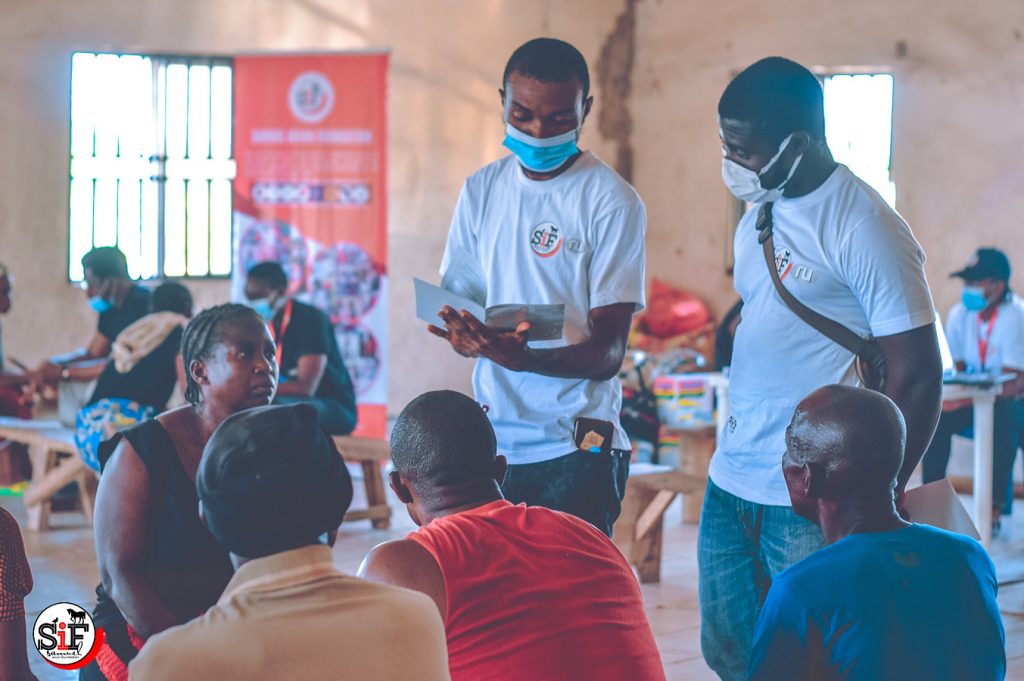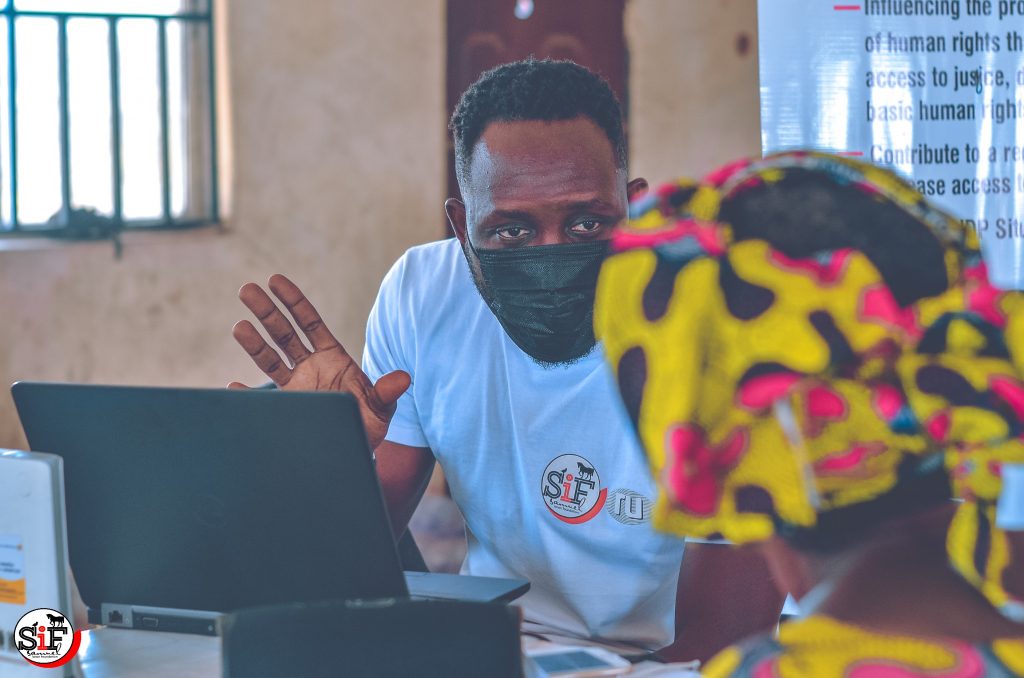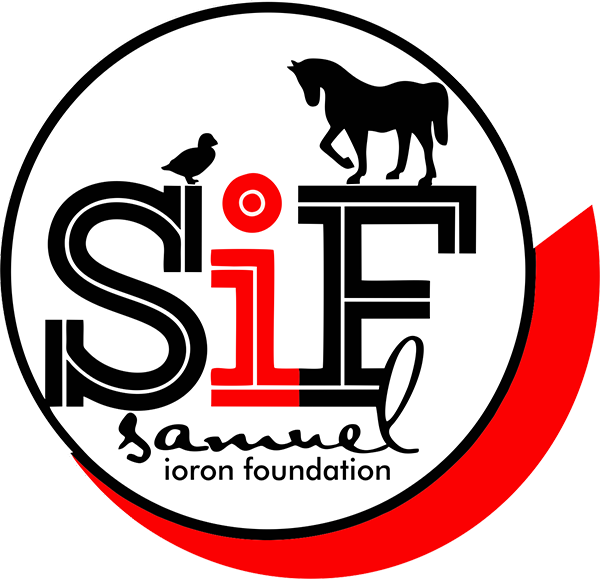RU’s Rightful
We have through previous projects and experiments discovered how instrumental art-based education and cultural dialogue is in influencing our minds and changing our perspective about life and things that happen around us. And before the commencement of this project idea, we interviewed people on the streets, in rural communities, at the IDP Camps, workplaces and prisons.

We spoke to several other individuals who concluded that:
- Most parents and guidance do not know about the existence of right to education which should be provided for their children and wards.
- Most do not know period shaming and abuse on girls is a human right violation
- Most do not know that marriage of an underage person is a violation of their human right.
- Most stakeholders forget their obligations to their communities, and neglect to invest in the provision of basic free education as stated in the Universal declaration of human rights and the African charter; domesticated.
- More than half the populations of Nigeria have no idea about the universal human rights.
- And few numbers of persons who understand their rights have no idea how to report violations or actions to take.
- We had 10.2 million out of school children in 2017, which has risen to 13.2 million who do not have access to education and 60% of children in school are not learning due to complex teaching methods and lack of interest in reading and writing according to UNICEF and UBEC.
- A lot of girls of school age miss classes four to five times each month during their menstruation, which affects performance in class and lowers their general knowledge and more than half the numbers of girls in rural communities have no access to sustainable menstruation education and period products.

RU means Rural and Urban and we are using art tools; illustrative art books depicting diverse versions of human rights violations at home, religious institutions, prisons, workplace, persons living with disabilities with activities and a curriculum guide for readers to partake in and hold a human rights art theatre depicting how violations affect the economic, social, religious, cultural and civil growth of communities.
The project has produced a digital and published art book of stories of human right violations as it affects children, women and persons living with disabilities.
